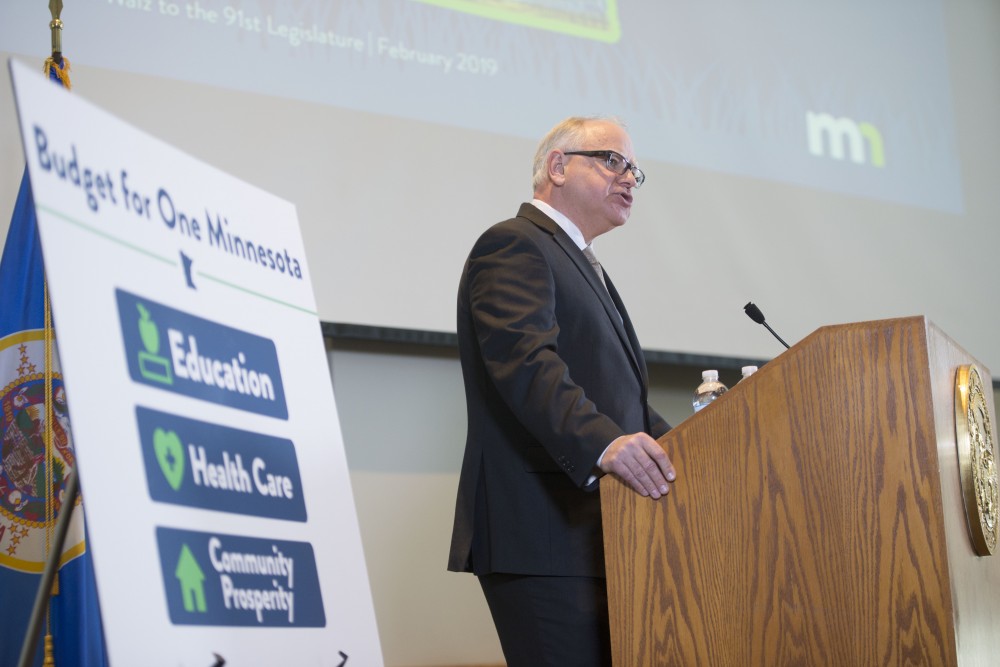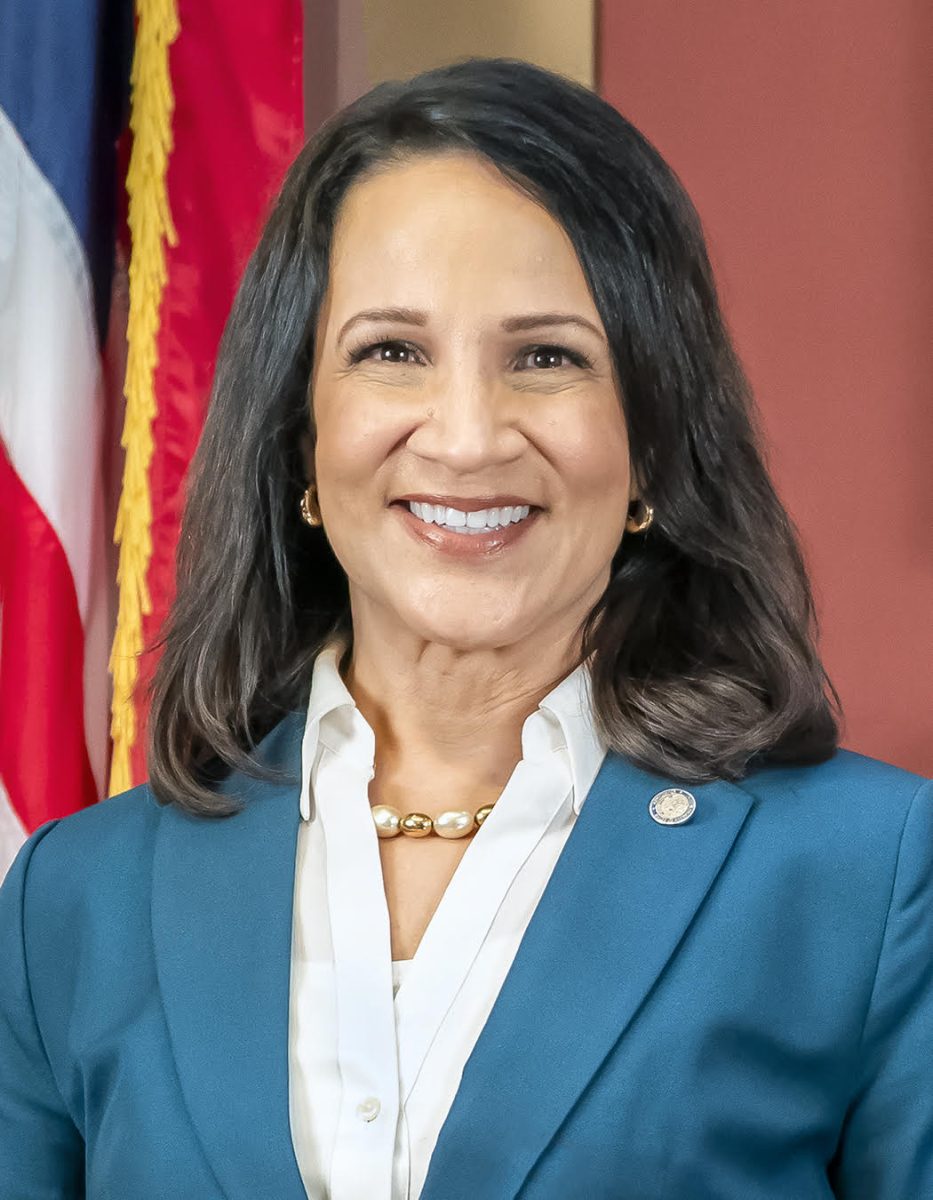A more robust state grant program took precedence over funding the University of Minnesota’s ask in DFL Gov. Tim Walz’s biennial budget proposal last month, which officials say will help the state look to a more comprehensive approach to higher education.
Walz, who campaigned upon the potential of two free years of college for Minnesota students, is prioritizing State Grant funding to tackle college affordability. But the $39.2 million Walz suggested the University receive in his budget proposal would fund around one third of the University’s $87 million ask and contribute to the chance of increased tuition instead.
“The governor’s [higher education] increase paired with the additional investments in the State Grant program kind of make up the whole package,” said Minnesota Office of Higher Education Commissioner Dennis Olson. “I don’t think it’s wise to look at any one piece in isolation, but rather understand it’s a comprehensive ask.”
In Walz’s biennial budget proposal, higher education makes up about $158 million of the state’s nearly $2 billion investment package. This includes funding State Grant and system investments, in addition to funding to keep up with inflation.
The governor’s investment in State Grants is part of the Walz administration’s effort to increase college affordability, Olson said.
“If there was a more robust free college proposal in the future, it would be built on the state grant [program] anyway,” Olson said. “The state grant is really the foundation for any free college proposal that we would have.”
Walz’s budget, which proposes a $54 million increase for the State Grant program over the next biennium, would cover tuition and fees at two and four year Minnesota State colleges and universities for families making up to $45,000 a year, Olson said.
Olson said students in low- and middle-income brackets would see the most significant increase in their State Grants.
Selena Thor, a junior at the University majoring in strategic communications, said she is currently taking 15 credits while working two part-time jobs.
“With such a huge workload on my plate, there’s a lot of things I have to sacrifice in order to survive. I’ll sacrifice homework assignments, social relationships, exams,” Thor said. “Money is survival for me, which sucks and is not an ideal situation to be in. But I’ve learned to balance it for three years now.”
Thor said she voted for Walz, though not on the grounds of college affordability because she will finish her education soon. But she said she thinks college affordability is still a topic that deserves attention.
“I had a feeling that anything he passed would take time … and wouldn’t affect me,” Thor said. “But I do still think it’s important to think about [college affordability]. We need to reevaluate our system and how we support those who want to succeed but just lack the resources.”
Sen. Rich Draheim, R-Madison Lake, said he doesn’t think the state can afford to provide two free years of college. Draheim has instead pushed legislation for loan forgiveness and open source textbooks.
“I think that’s the direction we need to go,” Draheim said. “I think it’s pretty bipartisan, so we’ll keep on pushing cost affordability.”








